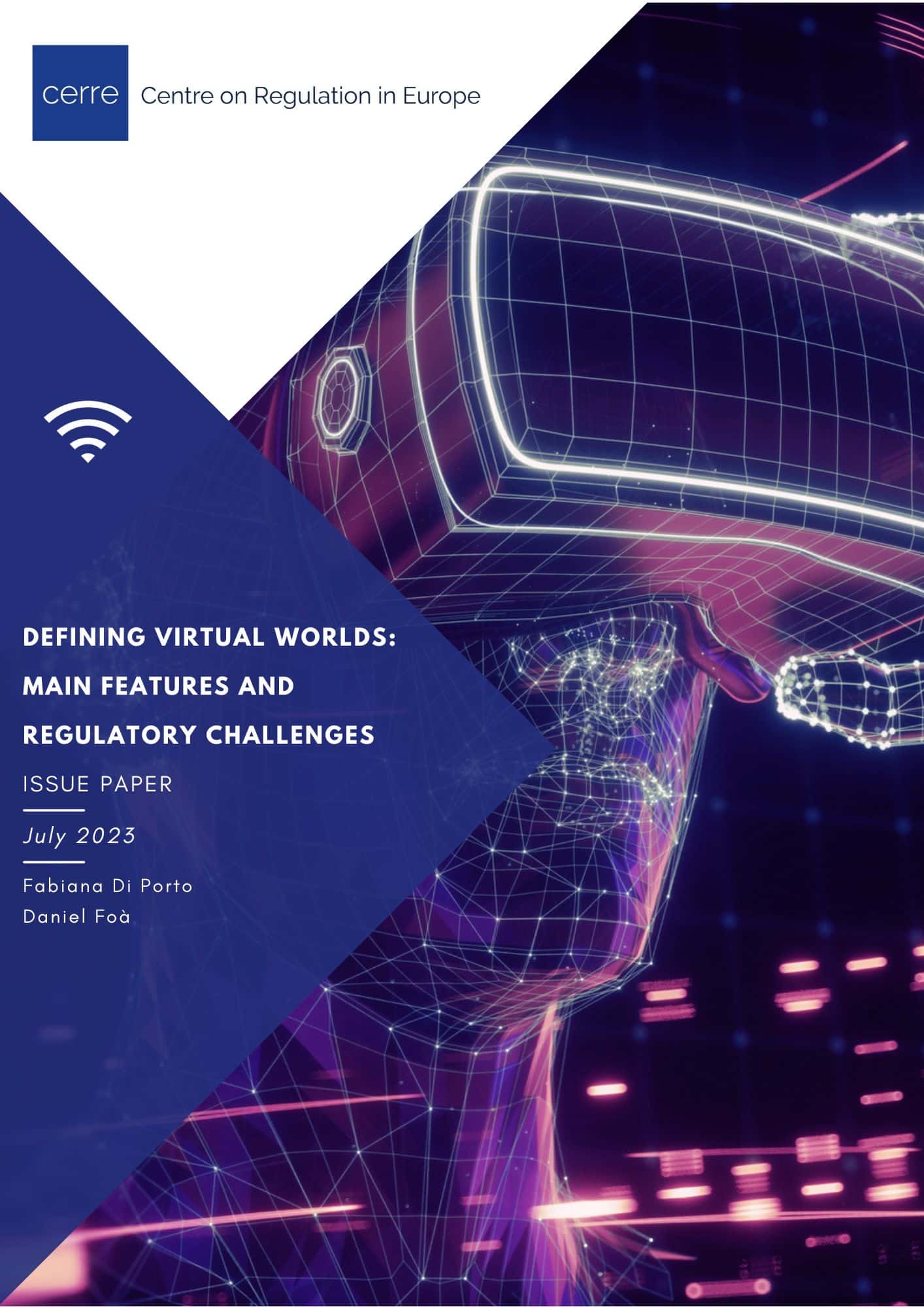University of Salento
Fabiana Di Porto is an Associate Professor of Law and Technology at the University of Salento (Lecce, Italy), and a Adjunct Professor of Innovation law and Regulation at Luiss Guido Carli University (Rome, Italy). She holds a joint PhD in Law from the Université Robert Schuman of Strasburg and the University of Perugia, and an MSc in Regulation from the London School of Economics. She held visiting positions at the Robert Schuman Center for Research Studies of the European University Institute and at the Hebrew University of Jerusalem (2019/20), both as a Forchheimer Visiting Professor at the Law Faculty and associate at the Federmann Cyber Security Research Center.
Fabiana is the co-editor in chief of the peer-reviewed, A-rated Italian law journal “Concorrenza e mercato” (Competition and the market), and a member of two executive boards: the Academic Society for Competition Law (ASCOLA) and Braincircle Italy. Since 2019, she heads an interdisciplinary research group on Algorithmic Disclosure which explores the use of ML algorithms and NLP tools for regulatory purposes. She is a member of multiple scientific committees, the Global Pandemic Network and the Osservatorio AIR (Regulatory Impact Assessment), and coordinates projects on the use of AI in the judiciary (Lecce) and a multi-stakeholder study group on Metaverse.
She has over 80 articles, 3 books, 5 edited collections and a number of op-eds to her credit. She is a frequent speaker at international conferences and has been audited as a national expert before European and Italian institutions.
Fabiana Di Porto is an Associate Professor of Law and Technology at the University of Salento (Lecce, Italy), and a Adjunct Professor of Innovation law and Regulation at Luiss Guido Carli University (Rome, Italy). She holds a joint PhD in Law from the Université Robert Schuman of Strasburg and the University of Perugia, and an MSc in Regulation from the London School of Economics. She held visiting positions at the Robert Schuman Center for Research Studies of the European University Institute and at the Hebrew University of Jerusalem (2019/20), both as a Forchheimer Visiting Professor at the Law Faculty and associate at the Federmann Cyber Security Research Center.
Fabiana is the co-editor in chief of the peer-reviewed, A-rated Italian law journal “Concorrenza e mercato” (Competition and the market), and a member of two executive boards: the Academic Society for Competition Law (ASCOLA) and Braincircle Italy. Since 2019, she heads an interdisciplinary research group on Algorithmic Disclosure which explores the use of ML algorithms and NLP tools for regulatory purposes. She is a member of multiple scientific committees, the Global Pandemic Network and the Osservatorio AIR (Regulatory Impact Assessment), and coordinates projects on the use of AI in the judiciary (Lecce) and a multi-stakeholder study group on Metaverse.
She has over 80 articles, 3 books, 5 edited collections and a number of op-eds to her credit. She is a frequent speaker at international conferences and has been audited as a national expert before European and Italian institutions.




